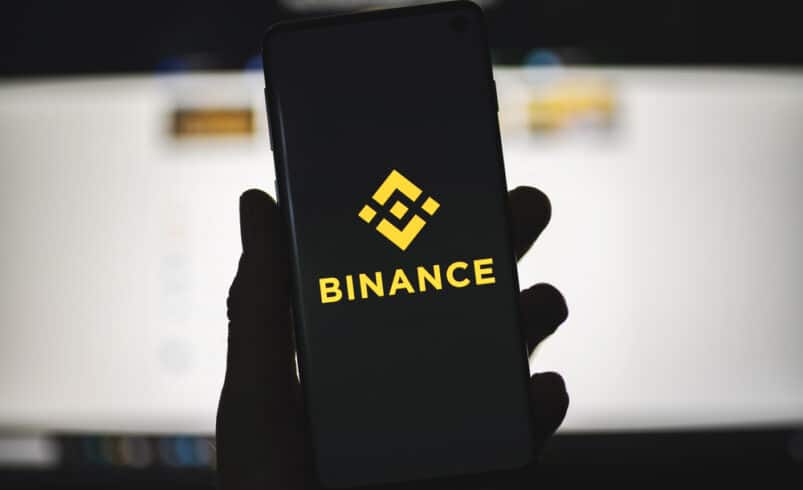Everything You Need To Know About Ethereum (ETH)

Introduction
When starting out in the crypto sector, most investors tend to hear about Ethereum blockchain as the next big thing following Bitcoin. This article is all about Ethereum and its native token namely ETH.
What is Ethereum?
Ethereum is the second-largest blockchain network by market cap. Ethereum blockchain design is based on Bitcoin blockchain with the difference that it enables creating and hosting decentralized protocols. The main function of Bitcoin is to replace the fiat currency and work as a store of value.
On the other hand, Ethereum is used as decentralized network for smart contracts with peer-to-peer trading capabilities. Ethereum allow users to create decentralized applications that are activated using smart contracts. Therefore, Ethereum utility is expanded to property, share, social media networks, gaming protocols, and financial apps etc.
What is an ETH Token?
ETH is the native cryptocurrency on Ethereum blockchain which is used to maintain the network. Miners are able to create ETH by verifying transactions on this network and creating new blocks.
The block time on Ethereum blockchain is 15 seconds during this time the miners on the blockchain solve the cryptographic puzzle to mint new ETH tokens. However, Ethereum has now migrated from PoW consensus model to PoS after an upgrade that dubbed the blockchain as Ethereum 2.0.
Types of Decentralized Applications Built on Ethereum
Here are some of classifications of applications that are created on Ethereum blockchain:
- Socializing Apps
- File Storage
- Remittance Protocols
- Card Payments
- Advertisement Programs
- Exchanges
- Loaning Platforms
- Gaming Projects
- NFTs
How do Smart Contracts Work on Ethereum?
Ethereum blockchain utilizes smart contracts that are automated protocols that are triggered when specified conditions are fulfilled. In this manner, smart contracts bring decentralization and transparency to blockchain execution by removing the need for intermediaries.
Many decentralized applications on the Ethereum blockchain are based on smart contracts. In this manner, the network governance for dapps also become unbiased ensuring that financial inclusion for all participants.
At the same time, smart contracts prevent spam, increase efficiency, and incentivize validators to verify transactions.
Use Cases of Ethereum Blockchain
Ethereum blockchain have given birth to the DeFi protocols with many other blockchain adopting the same model. There are now thousands of altcoins trading in the blockchain markets that investors can use to diversify their trading portfolios.
Many of these tokens are also used by commercial entities to leverage unique use cases for increasing efficiency or solving the existing problems in their native industries.
The decentralized applications created on the Ethereum blockchain offer features such as borrowing, lending, yield farming, issuing derivatives, tokenization of assets, and performing other financial operations that emulate traditional banks and private financial institutions.
Ethereum blockchain has also enabled minting and trading NFTs on their platform. NFTs are used in development of Web3 games, for real estate investment, and for distribution of artwork etc.
Advantages of Ethereum Blockchain
Here are some important pros of Ethereum blockchain:
- Ethereum blockchain supports and increment development of DeFi protocols.
- Ethereum blockchain allows developers to incentivize regular applications by converting them as decentralized applications and issuing tokens.
- Ethereum blockchain allows developers to have direct control over their application governance.
- DeFi applications on Ethereum blockchain ensure democratic governance for decentralized applications that increase the personal investment and participation of every user.
- Ethereum blockchain has given rise to various other blockchain networks that also integrate smart contracts to host and create decentralized applications.
- Ethereum blockchain supports NFTs that are used in development of Web3 gaming protocols and other types of financial transactions such as virtual real estate.
- Ethereum blockchain has created the ERC-20 token standard that has brought standardization for developers when creating DeFi protocols.
- Ethereum blockchain has introduced EIPs or Ethereum Improvement Proposals that are standardization for bringing new features and upgrades to the blockchain network.
Conclusion
Ethereum blockchain is one of the top blockchain projects and it has many competitors in the market such as Solana and Cardano.
However, Ethereum has continued to add new features and introduce important upgrades such as forking to Ethereum 2.0 and transitioning to PoS consensus model that has cemented its position as one of the top blockchain networks.












